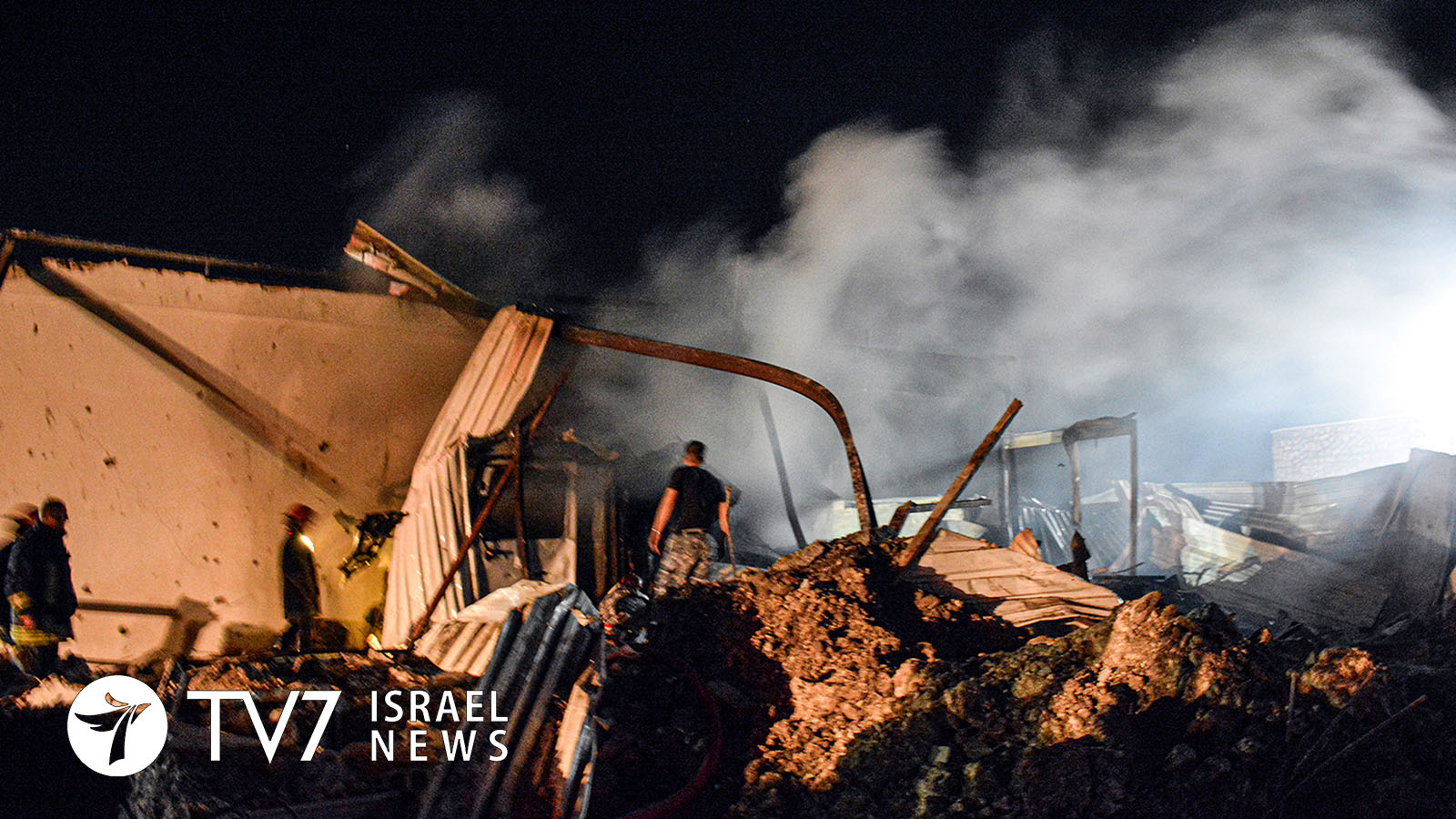The Syrian Armed Forces (SAF) have accused Israel of several pre-dawn raids on the Mediterranean port city of Latakia, in what was a rare attack on the ancestral home region of President Bashar al Assad near Russia‘s main Khmeimim Airbase in the Arab Republic.
The Syrian leader is from the Qerdaha village 28 km (17 miles) southeast of Latakia, where his father and late Syrian President Hafez al-Assad is buried.
1 civilian was killed and 6 others injured in an attack on a plastics factory, said the SAF, also claiming that aerial defense systems managed to intercept and down several of “the aggressors’ missiles.”
The aerial strikes occurred shortly after 2 AM. A senior military defector said several areas were hit in the town of Jabla in northwestern Latakia province, which is a bastion of Assad’s minority Alawite sect that dominates military and security forces. State media reported that the town of Hifa, east of Latakia, and Misyaf in Hama province were also targeted.
The IDF has refused to comment on the allegations, although Western intelligence sources say Israel’s “shadow war” against Iranian-linked targets inside Syria has escalated in recent months. Research centers for weapons development and munitions depots operated by Islamic Revolutionary Guards Corps (IRGC) have particularly been in the cross-hairs, as well as weapons convoys from Iran to Syria and military transport of missiles from Syria to Lebanon.
Damascus has never confirmed Jerusalem’s attacks on Tehran’s assets in Syria, only acknowledging the presence of what it calls ‘Iranian military advisers’ in the country.
Vast areas of eastern, southern and northwestern Syria, several suburbs around the capital and territory around the Lebanese-Syrian border are now under the control of Iranian proxy militias led by the Hezbollah terror group.
Israel has openly declared that it will not tolerate entrenchment by Iran just over its northern border.
Israeli National Security Advisor Meir Ben-Shabbat, Mossad Director Yossi Cohen and US/UN Ambassador Gilad Erdan held talks in the United States last week to discuss Iran with their American counterparts, including US Secretary of State Anthony Blinken, National Security Advisor Jake Sullivan, Brett McGurk from the National Security Council and Derek Chollet from the State Department. According to the White House, both sides agreed on the “significant threat” posed by Iran’s regional behavior and agreed to establish an inter-agency working group to focus attention on the growing threat from Iran providing drones and precision-guided missiles to its allies.
The Israel-US talks began the same day world powers and Iran launched a third round of meetings in Vienna with the aim of bringing Washington and Tehran back into compliance with the 2015 Joint Comprehensive Plan of Action nuclear accord. Jerusalem has vocally opposed what it would deem ‘a bad new nuclear accord’ and repeatedly warned that war with the Islamic Republic would be sure to result.
The indirect US-Iran talks in Austria have been overshadowed by what appear to be mutual sabotage attacks on Israeli and Iranian ships, as well as an explosion at Iran’s Natanz enrichment plant that Tehran blamed on Jerusalem.
